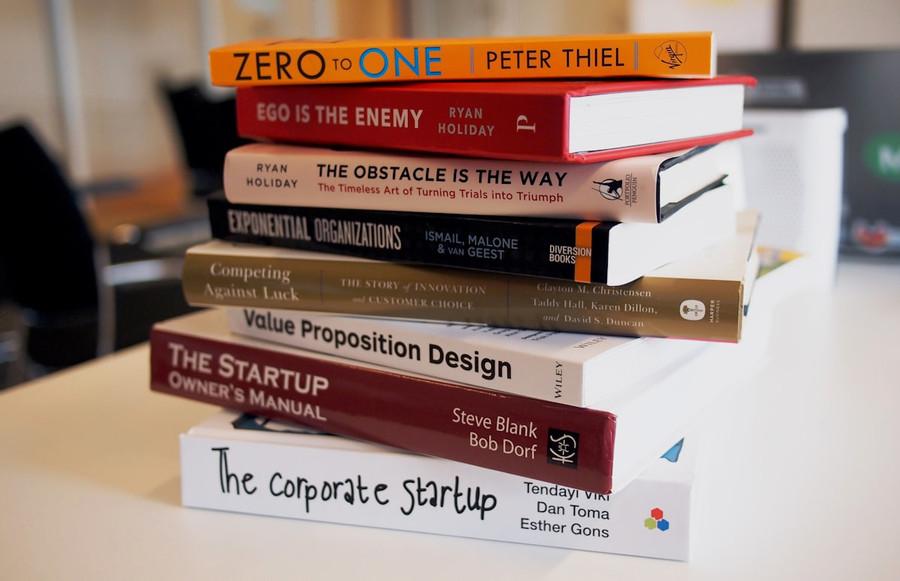Learn more about problemsolving with this collection
How to handle and learn from mistakes
The benefits of psychological safety in a workplace
The importance of empathy and active listening
Discover 45 similar ideas in
It takes just
7 mins to read
The Automatization Problem
People at the bottom of the economic ladder are being squeezed more aby automation, while those at the top have more opportunities and are paid more than ever before.
The irony is that the problem isn’t a lack of jobs. Rather, it’s a lack of people with the right skills and knowledge to fill the jobs.
1.49K
5.56K reads
MORE IDEAS ON THIS
Mastering The Knowledge Economy
- Identify valuable knowledge at the right time. Things move fast.
- Learn and master that knowledge quickly. Take advantage of existing opportunities.
3. Communicate the value of your skills to others. - Convert k...
1.95K
4.75K reads
1.79K
6.21K reads
Demonetization (or Dematerialization)
The term coined by futurist Peter Diamandis is a process by which technology is rendering previously expensive products or services much cheaper — or even free.
It's mainly happening because we are moving hardware products to software. For example, the phone today has about $1M of app...
1.28K
5.62K reads
“In my whole life, I have known no wise people (over a broad subject matter area) who didn’t read all the time — none. Zero.”
CHARLIE MUNGER
1.83K
15.5K reads
Learning Is An Investment
Benjamin Franklin said, “An investment in knowledge pays the best interest.”
It's the reason Warren Buffett (& other successful individuals) spends 80% of his time reading.
1.74K
6.76K reads
Knowledge Has Compound Value
But, unlike money, when you use knowledge or give it away, you don’t lose it.
In fact, it’s the opposite. The more you give away knowledge, the more you remember it, connect it with other ideas, etc.
1.71K
5.96K reads
Intellectual Capital
Knowledge is the new money. While goods and services are becoming demonetized and replaced by machines, knowledge is becoming increasingly valuable.
1.56K
6.04K reads
Related collections
More like this
Emotional Intelligence
People with high emotional intelligence (EQ) are generally found to have more success in life.
Being better at handling and gauging emotions and forming relationships is a formidable trait in this world of Artificiality and automation. EQ helps in people moving up the corporate ladde...
The Problem With Reskilling
- Globalisation and technological progress have impacted the well-paid ‘blue-collar’ jobs negatively, apart from disrupting routine office work. Addressing a skills gap by training workers sounds great in theory, but various studies point out to a different reality: skilled workers ar...
Servant leader traits
- Isn’t concerned about acquiring or holding onto power.
- Isn’t focused on maintaining a certain reputation above all else.
- Isn’t obsessed with staying ahead of everyone else on the ladder.
- Doesn’t fear employees gaining skills and knowledge beyon...
Read & Learn
20x Faster
without
deepstash
with
deepstash
with
deepstash
Access to 200,000+ ideas
—
Access to the mobile app
—
Unlimited idea saving & library
—
—
Unlimited history
—
—
Unlimited listening to ideas
—
—
Downloading & offline access
—
—
Personalized recommendations
—
—
Supercharge your mind with one idea per day
Enter your email and spend 1 minute every day to learn something new.
I agree to receive email updates







